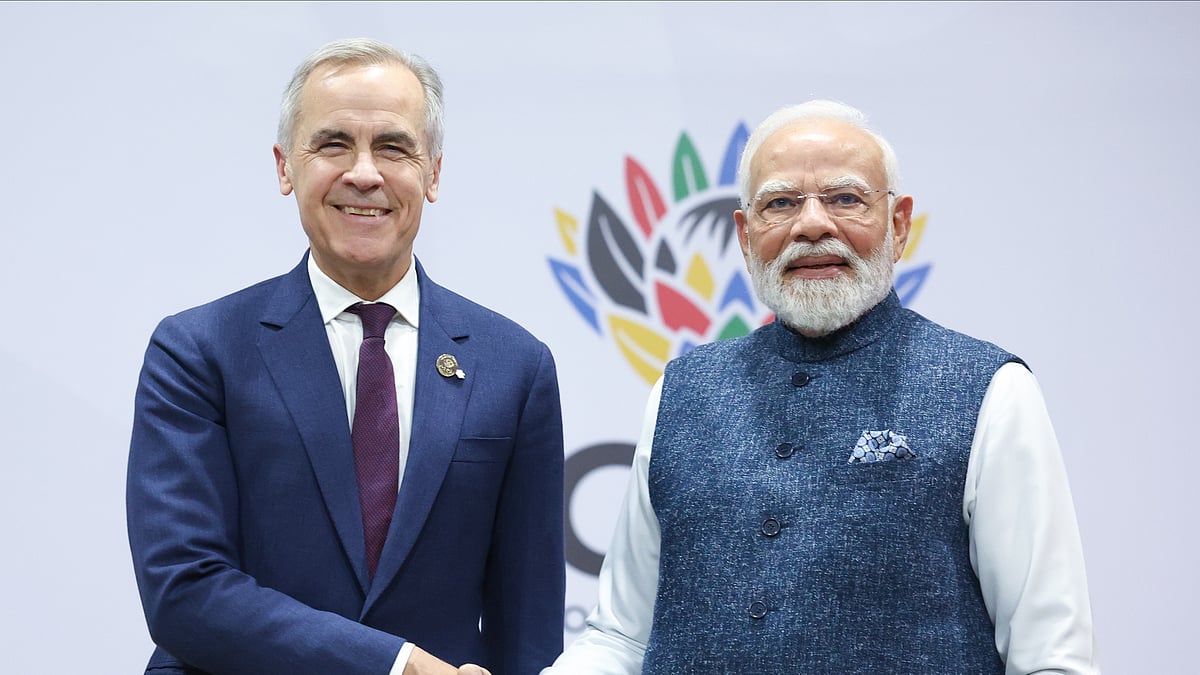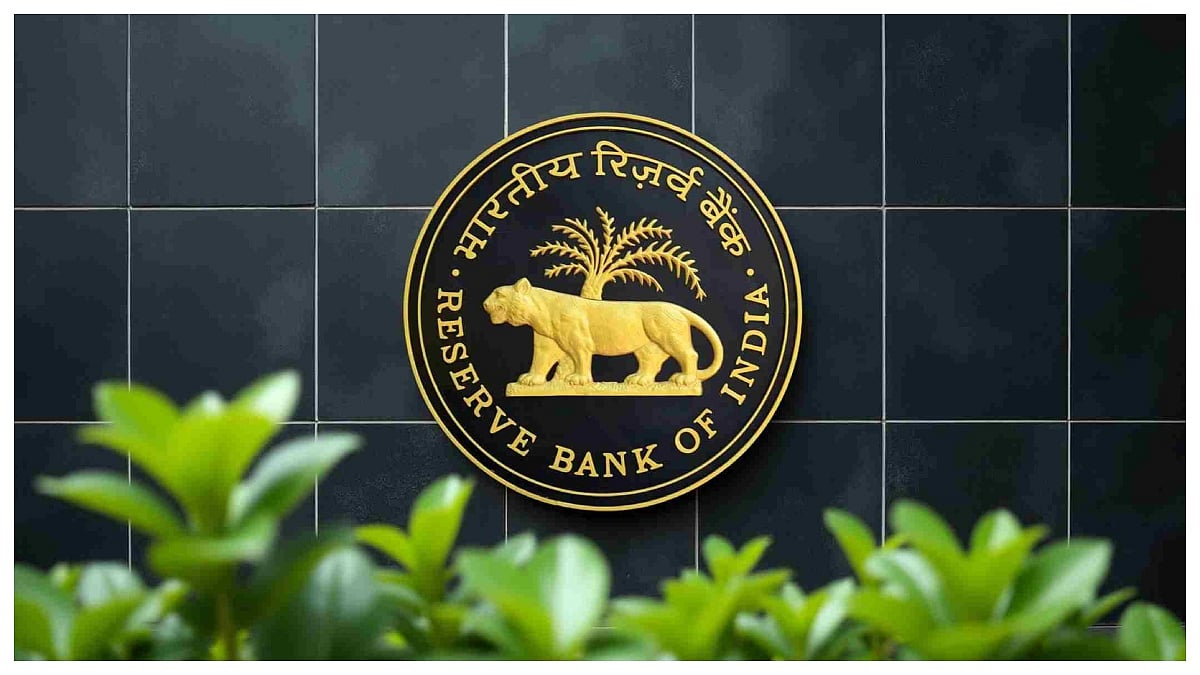Last week, a 22-year-old chess player from Chennai captured the attention of the sporting world by becoming India’s 84th Grandmaster (GM). The player in question is the incredibly talented and hardworking R. Vaishali. Vaishali is the elder sister of 18-year-old R. Praggnanandhaa. Together, the siblings have become the only brother-sister duo in the history of Chess to attain the Grandmaster title. This, though remarkable by itself, is not the only reason to celebrate her achievement. Vaishali is also the third female player from India and the 42nd female player in the world to ever achieve the title of Grandmaster!
In Chess, women can compete in ‘Women’s’ as well as ‘Open’ — meaning this section is open to men as well as women of all age groups. There are, in fact, no ‘Men’s Only’ events in Chess, only Open and Women’s. The first time I met Vaishali was at the Delhi International Grandmaster Open in January 2013. The tournament hall was not heated, and here was this 12-year-old girl wearing multiple layers of sweaters, a jacket, and a schoolgirl scarf, battling out every game with determination for five-six hours each day. Besides her tactical strength, and eagerness to put in the effort, her courage to compete in this tough field at the beginning of her career made quite an impression on me. Vaishali’s success has come through in equal measure thanks to such gritty decisions through the years.

Once she started achieving success in age group events, she, and her parents, decided to exchange the academic hours in school for chess lessons at her trainer GM R.B. Ramesh’s academy, while receiving the support of her school and subsequent college. Last November, Vaishali chose to trade off the comfort of being the top seed in the women’s section of the Asian Individual Championship with the challenge of being the only female player to compete in the ‘Open’ section. Playing in the ‘Open’ section means facing stronger opposition. The chances of our opponent being a favourite are considerably high, as they can be strong Grandmasters or more experienced players. On one hand, we receive a platform to prove ourselves by winning against established players. On the other we may lose game after game, which may affect our overall ranking and confidence.
In Chess too we get the chance to exchange pieces, and opt for tradeoffs.
Exchanging pieces involves capturing the opponent’s pieces at the cost of our own. So it is a piece trade or swap. During a game, we will get chances to go for an equal exchange several times. That is the one where we swap our piece with its counterpart, where the value of both the pieces is the same materially. If we manage to outplay our opponent or they make a mistake, we might receive a chance to get a good exchange, where we exchange pieces to gain an advantage – we either capture a higher valued piece of our opponent with a lower valued piece – for example, trading our knight for the opponent’s queen or we exchange a less powerful or important piece of ours with its more powerful counterpart to gain a better position on the board. At times, we could also be at the receiving end of such unforced errors. That is why it is important to play the whole game with attention to not only our possibilities but also our opponent’s!
A Tradeoff in chess involves exchanging one type of piece or one type of strategy for another piece or strategic concept. It’s about deciding what’s more important for your game. For example, you can chose to trade a pawn, i.e. sacrifice it, to increase the activity of your pieces, or you can chose to sacrifice material for making the opponent’s king vulnerable. Evaluating the resulting imbalances well is a crucial part of this decision-making process.
In the beginning, one is always taught to judge an exchange by counting the material value of the pieces being traded against each other. As we keep practising, and improving, we eventually learn to judge the effectiveness of exchanging a pair of pieces based on what remains on the board, rather than what is removed. This is the more efficient approach in Chess, and often in life.
Vaishali did not do well in the Asian Championship that we spoke about earlier. A particularly tough game was followed by a crying session and perhaps self-doubt. But the ability to take losses well and handle failure is a crucial part of achieving greater success in sport. Through the journey, we learn a lot – about the game, as well as ourselves. And we can use this learning to work on our skills and our mindset. Exactly one year later, Vaishali confidently won the FIDE Women’s Grand Swiss in November this year and qualified for the Women’s Candidates tournament next year, thus creating a real chance to play the Women’s World Championship Match.
(Soumya Swaminathan is an International Master and Woman Grandmaster in Chess. She has been World Junior Champion and Commonwealth Gold Medalist)







